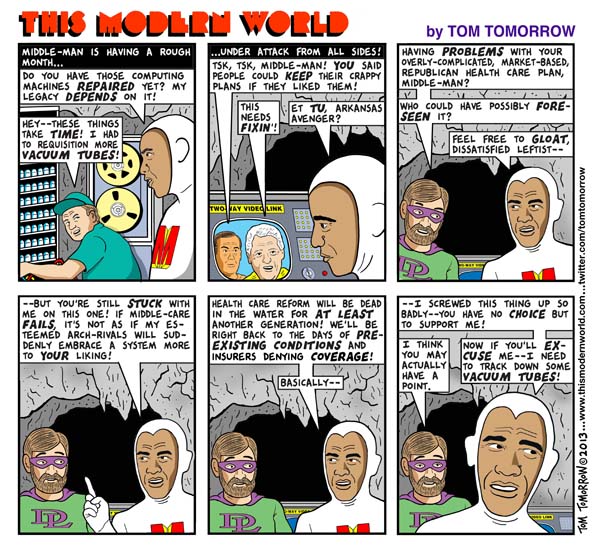Like 55% of the population, our family has employment-based health insurance. The open enrollment period for 2014 ended a couple weeks ago. We had the option of continuing with the “traditional” plan we had this year or changing to one of three “High Deductible Health Plans” (HDHP). Ordinarily we would have simply continued on with the plan we had but the premium on the traditional plan is going up by $150/month next so we evaluated our other options. Summary characteristics of our current plan and the plans offered for 2014:
|
|
|
Monthly |
|
Annual |
|
|
| Year |
Plan ID |
|
premium |
Premium |
Deductible |
Max o.o.p. |
Worst Case |
| 2013 |
Health Plan |
|
$327 |
$3,920 |
$1,500 |
$5,000 |
$10,420 |
| 2014 |
Health Plan |
|
$477 |
$5,724 |
$1,650 |
$3,800 |
$11,174 |
| 2014 |
HDHP Option 1 |
|
$394 |
$4,728 |
$2,800 |
$3,700 |
$11,228 |
| 2014 |
HDHP Option 2 |
|
$235 |
$2,820 |
$4,500 |
$5,250 |
$12,570 |
| 2014 |
HDHP Option 3 |
|
$84 |
$1,008 |
$6,250 |
$6,450 |
$13,708 |
The plans cover the employee, his/her spouse, and all children. The columns show monthly premium, annual premium, the deductible below which you pay 100% of your medical bills (with the exception annual your annual check-up and some other basic services which are covered in part or in full by the plan). Once you hit the deductible then you pay 20% of the bill if you get your services in-network (and 40% if the provider is out-of-network). For in-network you have the 20% co-pay until you hit the “maximum out-of-pocket”, at which point the plan pays 100% of your bills. (NB: If you go out of network then you pay 40% and there is no maximum out of pocket. You get a significant discount but the sky’s the limit in terms of your liability.) The “Worst Case” is the sum of the three columns to the left and is the maximum amount we’d pay for medical care for the year. If you need a heart transplant, spend six months in the ICU after a bad accident, need brain surgery, etc. then you’d probably hit the “Worst Case” number. For just routine doctor visits you probably won’t be out much over the premium payments. “Worst case” is a chunk of change but it’s not so much that it would bankrupt most middle/upper-middle class people in this neck of the woods. And that’s the point, it’s an insurance plan. If it didn’t limit your worst case expenses it wouldn’t be insurance.
Continue reading →

